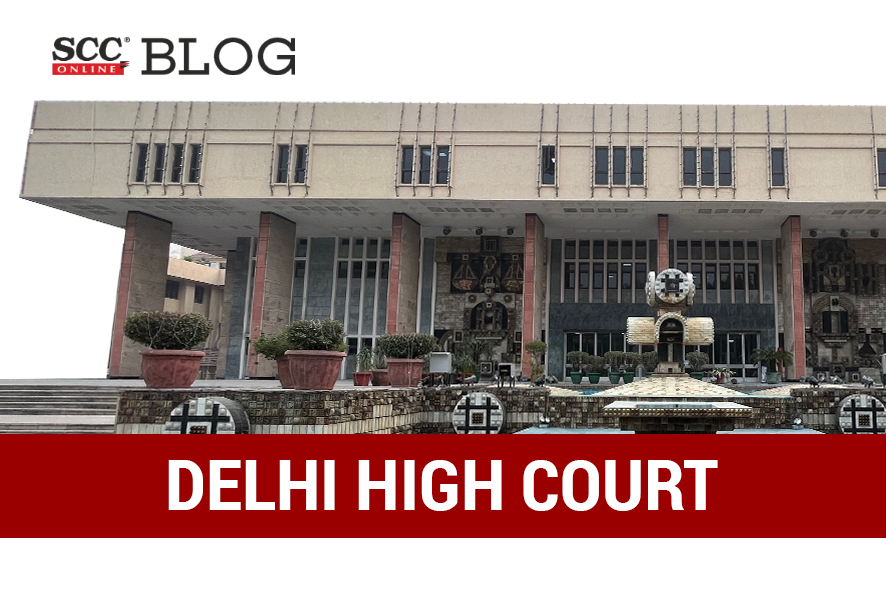Delhi High Court: The single judge bench of Pratibha M. Singh, J., heard a matter filed by National Green Tribunal (‘NGT’) seeking quashing of the order passed by Central Information Commission (‘CIC’) and set aside the direction laid down by CIC by stating that it had traversed beyond its jurisdiction as the case was primarily an appeal under Section 19 of the Right to Information Act, 2005 (‘RTI’).
In the matter at hand, RTI application was filed by Alok Kumar Ghosh (‘respondent’) seeking disclosure of information from NGT.
-
Total number of candidates appeared for the said post.
-
Total marks obtained by the applicant in the said examination.
-
Rank of the applicant in the said examination.
-
Rank of the applicant as an OBC reservation quota.
-
Name of the selected candidates and their marks respectively.
-
The number of regular Group – D (MTS) employee engaged at present.
-
Is there any contractual employee engaged in the organization (including all Regional Benches) in the post of Group – D (MTS)? If yes, then how many contractual Group – D (MTS) employees are there at present?
The said application received no response by the appellate authority due to non-payment of Rs 10/- as per the RTI Rules, 2012. It was the case of the respondent that he had attached a court fee stamp of Rs 10/- instead of payment by cash, demand draft or electronic payment as required under the RTI Rules, 2012.
The CIC, however, negated the stand taken by NGT and held that the Central Public Information Officer should have sent the information sought. Further, CIC treated the matter as a complaint under Section 18 of the RTI Act, 2005 stating that the information asked for in the RTI Application was liable to be disclosed.
CIC further laid down directions stating that the details of expenditure incurred in dealing with this RTI application up to the level of second appeal, including the cost of litigation should be disclosed. Also directed to make it a policy to place all results of recruitment test or interview, minutes of committee selecting candidates for different posts, with, reasons for rejection, besides informing that to every candidate. Further directed to explain why public authority should not be directed to pay compensation which is equivalent to amount spent by public authority so far, fighting against him to deny.
The Bench was of the view that without a doubt NGT was at fault and stated that “when the initial RTI application was filed, even though the same may have been filed with a court fee stamp of Rs. 10/- so long as the said amount was deposited, the non-reply by the NGT to the RTI Application, was not an acceptable position. Thus, the CIC was right in observing that as against the Rs. 10/- which was to be paid by the RTI Applicant/ Respondent, the notices sent by the NGT would have incurred more expenditure.”
The bench further stated that CIC had traversed through their jurisdiction for directing to disclose the information in relation to incurred litigation cost and gave some broad directions.
Therefore, the Court held that such directions could not have been issued as the case before the CIC was primarily an appeal under the provision of the RTI Act.
Thus, the directions to disclose the details of expenditure in respect of litigation expenditure as also the policy level decisions which were directed by the CIC were unsustainable.
The Court went on to state that since NGT was a national tribunal, its RTI cell should function properly. The Court opined that such directions of the impugned order were liable to be set aside.
The Court further directed NGT to deal with the future RTI applications received by the NGT more strictly in accordance with the timelines and rules prescribed under the RTI Act and RTI Rules.
[National Green Tribunal v Alok Kumar Ghosh, 2023 SCC OnLine Del 1019, decided on 20-02-2023]
Advocates who appeared in this case :
For the petitioner- Advocate Aniruddha Deshmukh.






